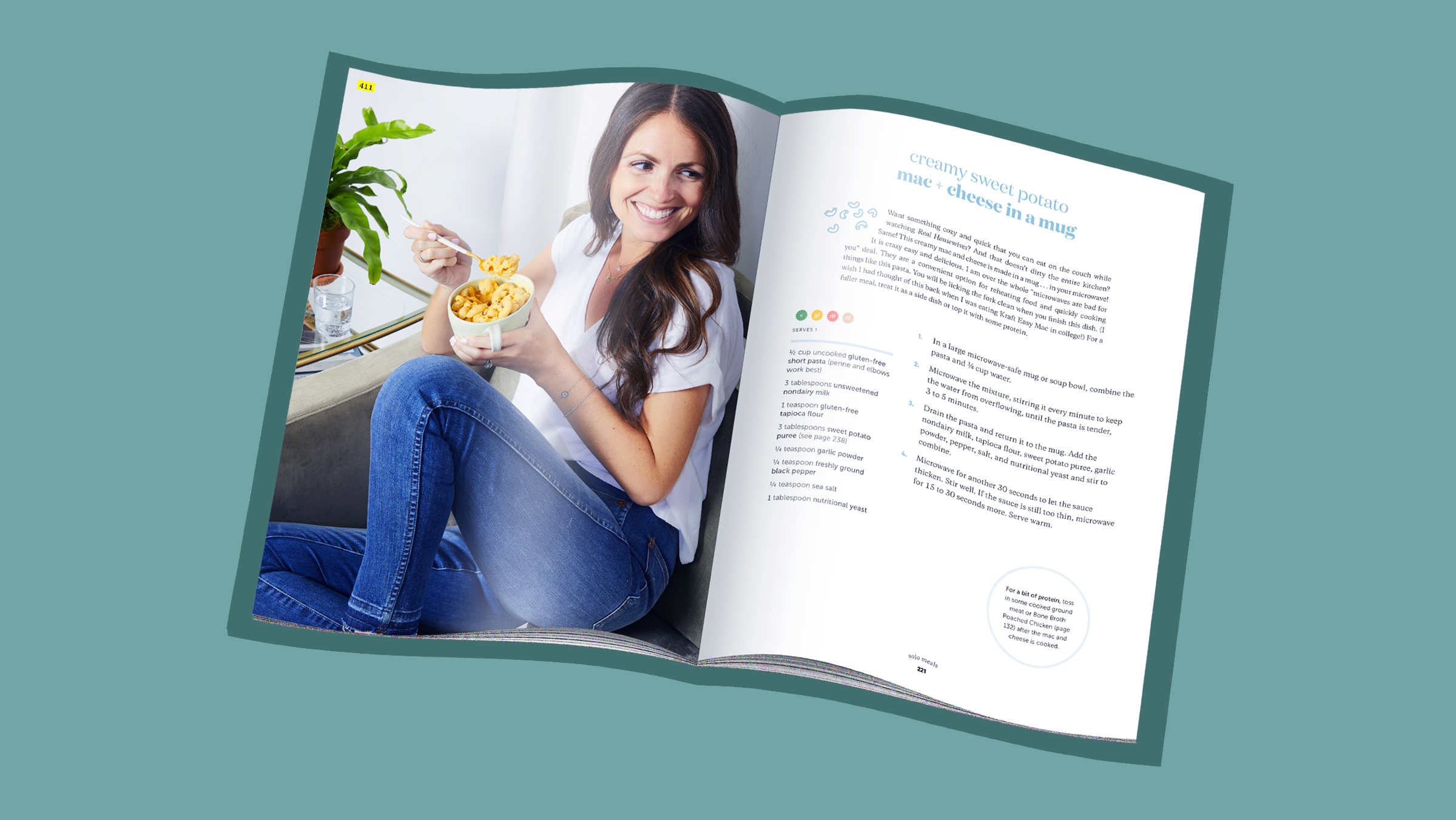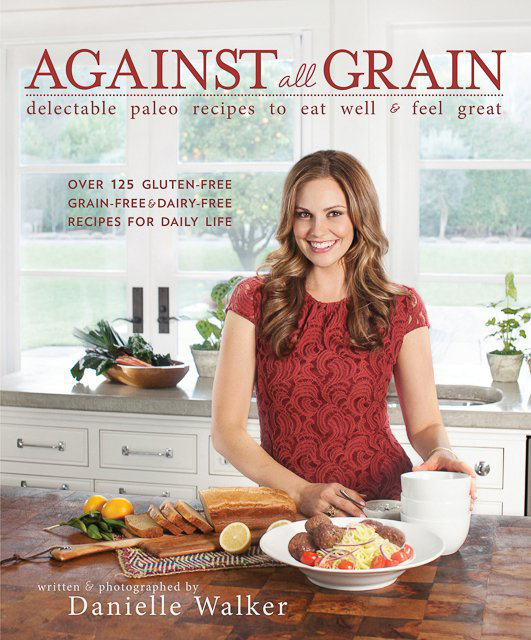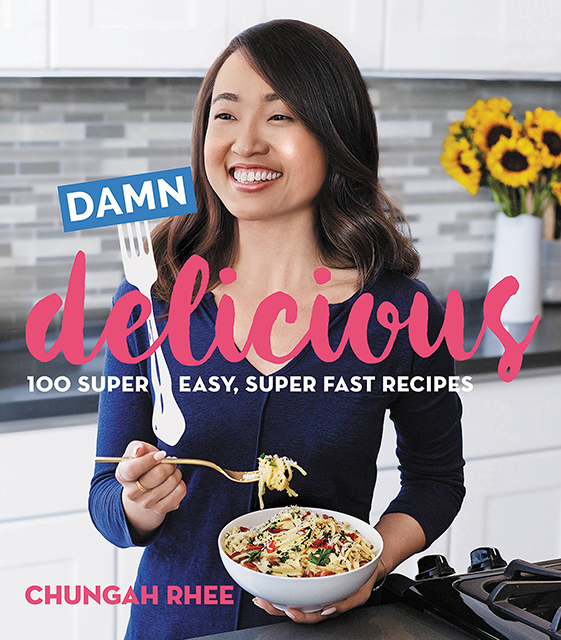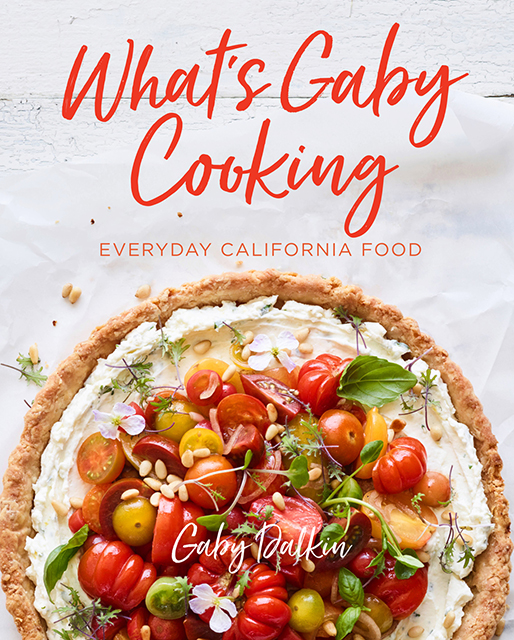
Rachel Mansfield is getting ready to make mouthwatering mac and cheese. She’s known for the paleo, vegan and gluten-free recipes she shares on Instagram and on her blog, but this time she’s preparing a traditional version of the hearty classic. During our phone call, she’s picking up cheddar cheese at Whole Foods, which pays her to promote the grocery chain, and she pauses every few minutes to exuberantly say hello to fellow shoppers.
Mansfield, 29, has no formal culinary training. But to the 325,000 Instagram users following her at @rachlmansfield, she’s both a celebrity chef and a trusted online friend. She built a following by cooking up healthy, simple versions of baked goods, like chocolate-chip funfetti cookies (made with oat and almond flour, as well as maple syrup for sweetness), paleo beef tacos (using a grain-free shell) and crispy cauliflower bites (baked and served with dairy-free ranch). To connect with fans, she shares “authentic” moments, like the challenges she faced while nursing her son Ezra, who was born in January after a struggle with fertility. For her next dish, Mansfield will join the growing number of “foodfluencers” who are taking their brands from the digital world into print, with a cookbook, Just the Good Stuff, out in February.

“I felt like I worked so hard to grow my own brand in a digital space, and that really carried over,” says Mansfield. Her book will sit beside releases from other foodfluencers, like Danielle Walker’s Against All Grain, Gaby Dalkin’s What’s Gaby Cooking and Chungah Rhee’s Damn Delicious. Along with books from stalwarts like Martha Stewart and Bobby Flay, the Instagram crowd seems to be having an impact: cookbook sales were up 21% from 2017 to 2018, according to NPD Group, a research firm. Overall book sales rose only around 2% in the same period. “With more people cooking meals at home, there is renewed interest in cookbooks of all kinds, especially those that help cooks save time and eat well,” NPD said in a 2018 report.

The blog-to-cookbook phenomenon kicked off with Ree Drummond’s Pioneer Woman blog, leading to a book and a Food Network series. Instagram has since led to a proliferation of food celebrities, whose huge prebuilt audiences are attractive to publishers. “That is a dramatic shift, to have all of those different places for publishers and for potential cookbook readers to discover new talent,” says Doris Cooper, editor in chief and SVP at Clarkson Potter, the Penguin Random House imprint publishing Mansfield’s book. For foodfluencers, writing a cookbook, like plugging a grocery chain, is one more way to monetize audiences. YouTube’s beauty gurus are creating makeup lines, fashion bloggers are selling clothing, and fitness celebs are offering exercise plans and health supplements.
While some may scoff at the idea of buying a cookbook from a self-taught home cook, Mansfield says her casual approach has only strengthened her brand. “I think that that’s what has really attracted people to my blog and Instagram because they know it’s not these heavily curated, crazy recipes,” she says. That sentiment echoes other successful food celebrities, like Ina Garten, who also says she doesn’t consider herself a professional chef despite a Food Network show and nearly a dozen cookbooks. Henry Notaker, a literary historian and author of A History of Cookbooks: From Kitchen to Page Over Seven Centuries, says people like Mansfield sit at the intersection of celebrity, trust and familiarity where cookbook success long has resided.

The same technology that has turned people like Mansfield into minor celebrities able to land book deals also makes it possible for anyone to access almost any recipe for free, whenever and wherever they are. Why, then, are people paying $25 or more for cookbooks from their favorite online personalities? For Mansfield, the question is yet another opportunity. “I think it is a lot about people just wanting to support the brand that they have watched grow.”
More Must-Reads From TIME
- The 100 Most Influential People of 2024
- The Revolution of Yulia Navalnaya
- 6 Compliments That Land Every Time
- What's the Deal With the Bitcoin Halving?
- If You're Dating Right Now , You're Brave: Column
- The AI That Could Heal a Divided Internet
- Fallout Is a Brilliant Model for the Future of Video Game Adaptations
- Want Weekly Recs on What to Watch, Read, and More? Sign Up for Worth Your Time
Write to Rachel E. Greenspan at rachel.greenspan@time.com